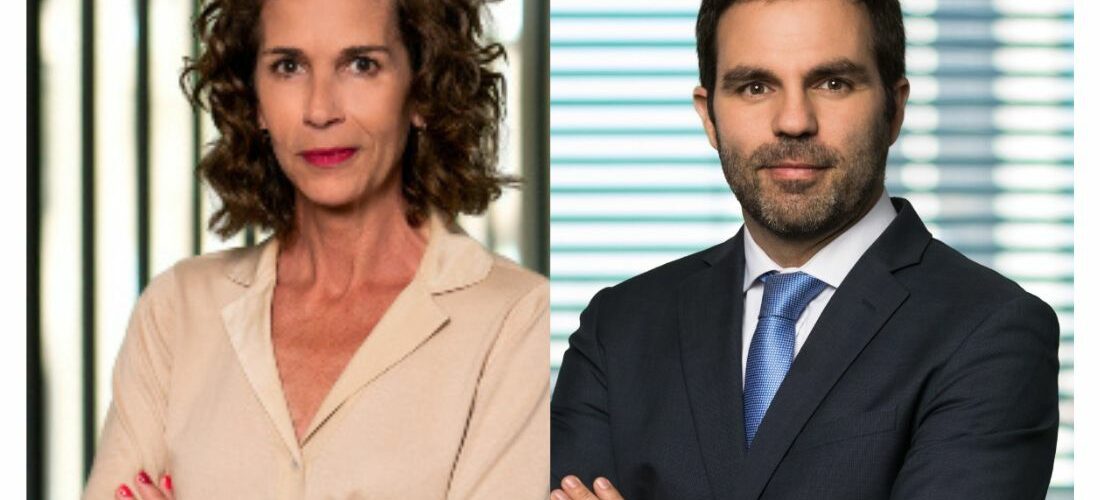Brand guardians
by mercedes galán
In the dynamic arena where sport, fashion and commerce intertwine, protecting the integrity of a brand becomes critical. Major brands such as Nike and Adidas, synonymous with innovation and excellence, have strengthened their defences against the rising tide of counterfeiting in the world of football. At the forefront of this strategic initiative is Adidas’ Brand Protection Manager, Manuel Chacón, an expert in the field and in charge of preserving the authenticity and reputation of the iconic Three Stripes. In this interview with Iberian Lawyer we have been able to delve into the intricate world of brand defence and the relentless pursuit of authenticity in the football landscape.
What is the key role of the Brand Protection Manager and how does he/she approach brand defence in a market as dynamic as football?
A Brand Protection Manager must have a clear objective, to protect the company’s most important assets, brands and designs. To do so, he/she leads the creation and implementation of plans to fight against the sale of counterfeits in online and offline markets by working closely with authorities and strategic partners, conducting continuous market analysis to adapt strategies and address new threats, thus helping to protect the distinctiveness and image of the brands and designs he/she has to protect.
In the field of football, how has the threat of brand counterfeiting evolved in recent years and what are the biggest challenges?
The threat of counterfeiting is a persistent challenge over time for companies that market sports equipment. Its increase and evolution is linked to the rise of e-commerce and globalisation.
With the growth of e-commerce, counterfeits have become more accessible to all audiences through retail platforms and social media, facilitating the distribution of fake goods globally. Counterfeit distribution networks have expanded their reach, using more sophisticated methods to circumvent customs controls and reach consumers. In addition, there has also been an improvement in counterfeit product manufacturing techniques, resulting in increasingly sophisticated counterfeits.
Brands believes strongly in protecting all our trademarks and designs by implementing effective measures in both online and offline markets to combat counterfeiting and imitations, thus protecting the reputation and distinctiveness of our Industrial Property rights.
What strategies and technologies does a brand implement to detect and combat the production and distribution of counterfeit goods, especially at sporting events where there are larger crowds?
Every sporting event is a priority for a sports brand. At a football match, for example, some of the additional measures that can be implemented include collaboration with the authorities. Brands must work closely with local authorities, from the city council to law enforcement. Political will is essential to be able to coordinate with law enforcement. It is very important for law enforcement to be updated on the latest product developments and the latest trends of counterfeit sellers. To this end, it is crucial to maintain a routine training programme. It is very important that the authorities feel the support of the brands.
Working with the Tax Agency on customs matters is also essential to identify and combat the production and distribution of counterfeit goods. Customs, on many occasions, are the gateway to the counterfeits we have on the streets. Market research, collaboration with other affected brands, awareness campaigns, support to associations such as ANDEMA (National Association for the Defence of Trademarks) in educational campaigns aimed at consumers so that they can identify authentic products and be aware of the risks associated with counterfeits.












